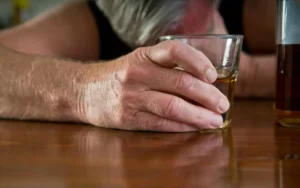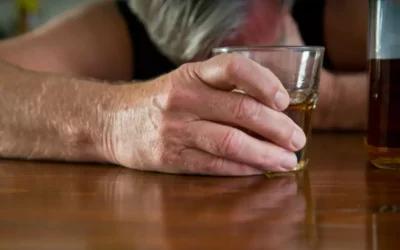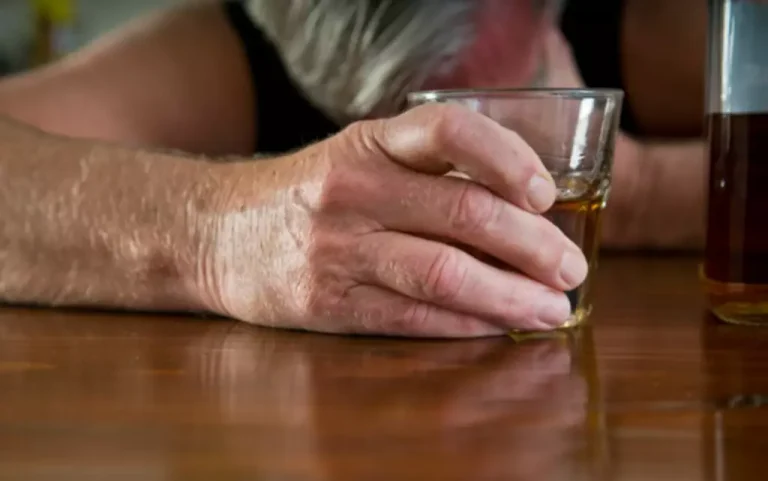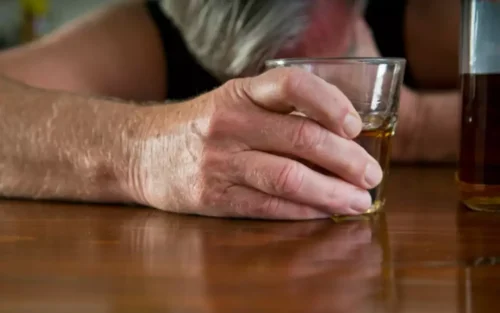Alcoholic Neuropathy: What is It and Who is At Risk?

Alcohol causes serious deficiencies that impact many parts of the body, including the nerves, by reducing the absorption of minerals like magnesium, selenium, and vitamins B1 and B2,6. Early alcoholic neuropathy, usually presenting as sensory symptoms in the extremities, is reversible if the patient alcohol neuropathy stops drinking and establishes proper nutrition. However, more severe and prolonged cases may be irreversible, even with abstinence, and lead to lifelong impairment. Sensory symptoms, caused by damage to sensory nerves, usually begin in the feet before progressing to the legs, hands, and arms.
What is the Recovery Period in Alcoholic Neuropathy?

Medical, mental health, and substance abuse providers all work together to form and carry out a treatment plan that helps to manage all disorders at the same time. The most important thing is to catch the signs of alcoholic neuropathy early to prevent further nerve damage. You can seek treatment for AUD from a professional treatment center to reduce your symptoms Halfway house by discontinuing alcohol use. Gateway Foundation offers alcohol addiction treatment to help you overcome alcohol dependence and improve your quality of life. Chronic drinking combined with the above risk factors can increase your chances of developing alcoholic neuropathy. People with this condition might find it challenging to perform daily tasks due to painful sensations and other nerve damage symptoms.

Lifestyle changes

Read our newsletter and explore educational brochures to help expand your knowledge of peripheral neuropathy. In a 2019 article, researchers explain that breaking down alcohol in the body produces a chemical that damages axons. Axons are the groups of nerve fibers that carry impulses between the brain and the nervous system. Schwann cells can aid in the regeneration and functional restoration of injured nerves.

Other Symptoms of Alcoholic Neuropathy
- Both the toxicity of alcohol and nutritional deficiencies have been linked with alcoholic neuropathy, which is one of the most common but least recognizable consequences of heavy alcohol use.
- If you or a loved one is struggling with these conditions, it is vital to seek help and support to overcome the challenges.
- For this, alcohol must be completely eliminated from the diet, the nutritional deficiencies must be corrected, symptoms must be brought under control and rehabilitation must be focused on.
- However, experts still do not have a full understanding of how alcoholic neuropathy happens, which can make treatment challenging.
Motor symptoms include muscle weakness, cramps and spasms, particularly in the lower limbs. Over time, severe muscle weakness may result in muscle atrophy, loss of reflexes and difficulty maintaining balance. Muscle weakness most often appears in the hands or feet, and if the condition isn’t treated, it’s possible to develop atrophy in the muscles after they haven’t been used for a while. Atrophy is when the muscle cells degenerate and waste away, increasing the severity of muscle weakness.

Shingles or Herpes Zoster: Causes, Symptoms, Treatment- Antivirals, Calamine Lotion
- Patients must be taught how to control their habitual alcohol abuse, for example.
- Call us today to speak with a Recovery Advocate for free about your treatment options.
- Additional treatments, such as nutritional supplements, physical therapy and pain management, may be necessary to optimize nerve function.
- Learn more about this condition, including its symptoms, how it’s treated, and ways to cope.
Distal muscular weakness, sensory ataxia, or cerebellar degeneration could be the cause of this ataxia. Alcoholic polyneuropathy can also result in muscle atrophy, spasms, and trouble swallowing (dysphagia) as well as speech problems (dysarthria). Additionally, alcohol changes how the kidneys, liver, and stomach work, which makes it harder for the body to effectively detox waste. After that, this waste accumulates and damages numerous body parts, including the nerves.
